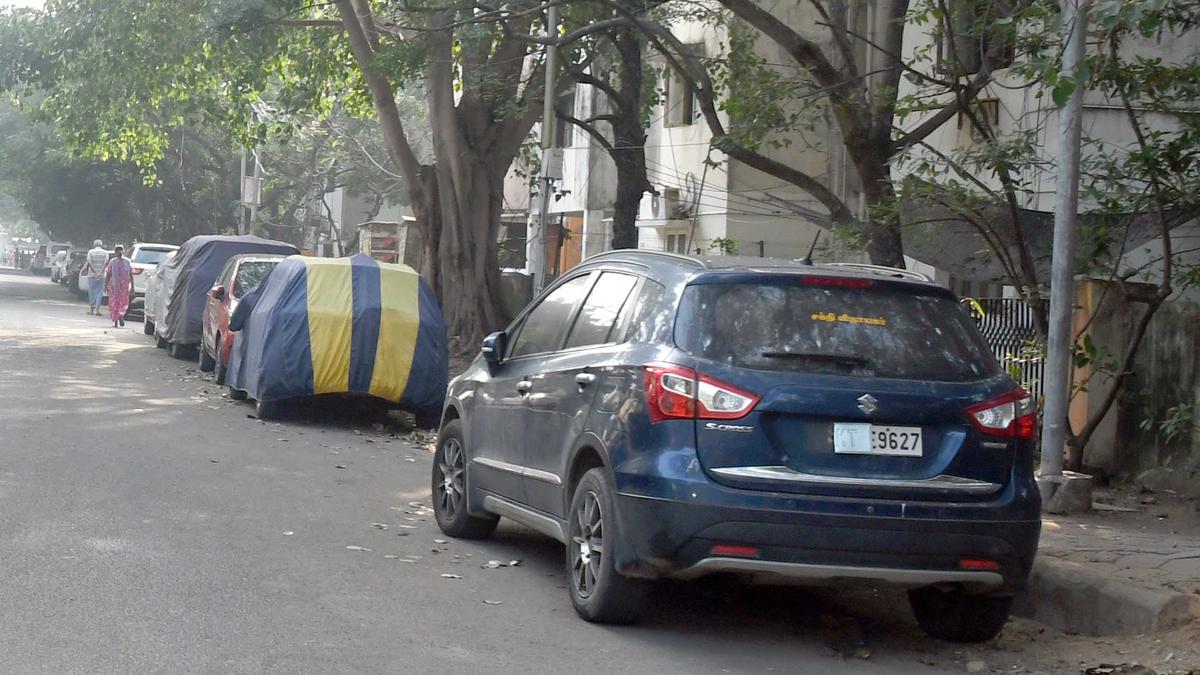
Old apartments find an ‘impartial’ solution to parking
The Hindu
How do old apartment complexes deal with the challenge of parking, as a majority of them had not given much thought and space to the issue back when they came into being?
In February, a 62-year-old man in Puzhal was killed over what started as an argument over parking his car. According to a report in The Hindu, the victim had asked one of his neighbours not to park the car in a manner that blocked entry to his house, which led to a quarrel that ended on a fatal note.
As this incident illustrates, parking can be a dangerous issue, not just a pesky one.
How do old apartment complexes deal with the challenge of parking, as a majority of them had not given much thought and space to the issue back when they came into being?
The Hindu Downtown spoke to a raft of such communities to learn about systems they are putting in place now to get around the problem of space.
The first rule
Thirty-five-year-old Anand Flats at Dr KB Dasan Road in Mylapore has provision to park six cars within the complex. The open car parking earmarked around the periphery of the apartment is not owned by any of 53 flat owners. So the management committee of the apartment came up with a plan that would have parking space being allotted to owners based on seniority calculated by the time of purchase of the car. Those owning a car have to reveal when they bought the car.
As some residents shifted from the apartment, a natural rotation system is a play.

 Run 3 Space | Play Space Running Game
Run 3 Space | Play Space Running Game Traffic Jam 3D | Online Racing Game
Traffic Jam 3D | Online Racing Game Duck Hunt | Play Old Classic Game
Duck Hunt | Play Old Classic Game











